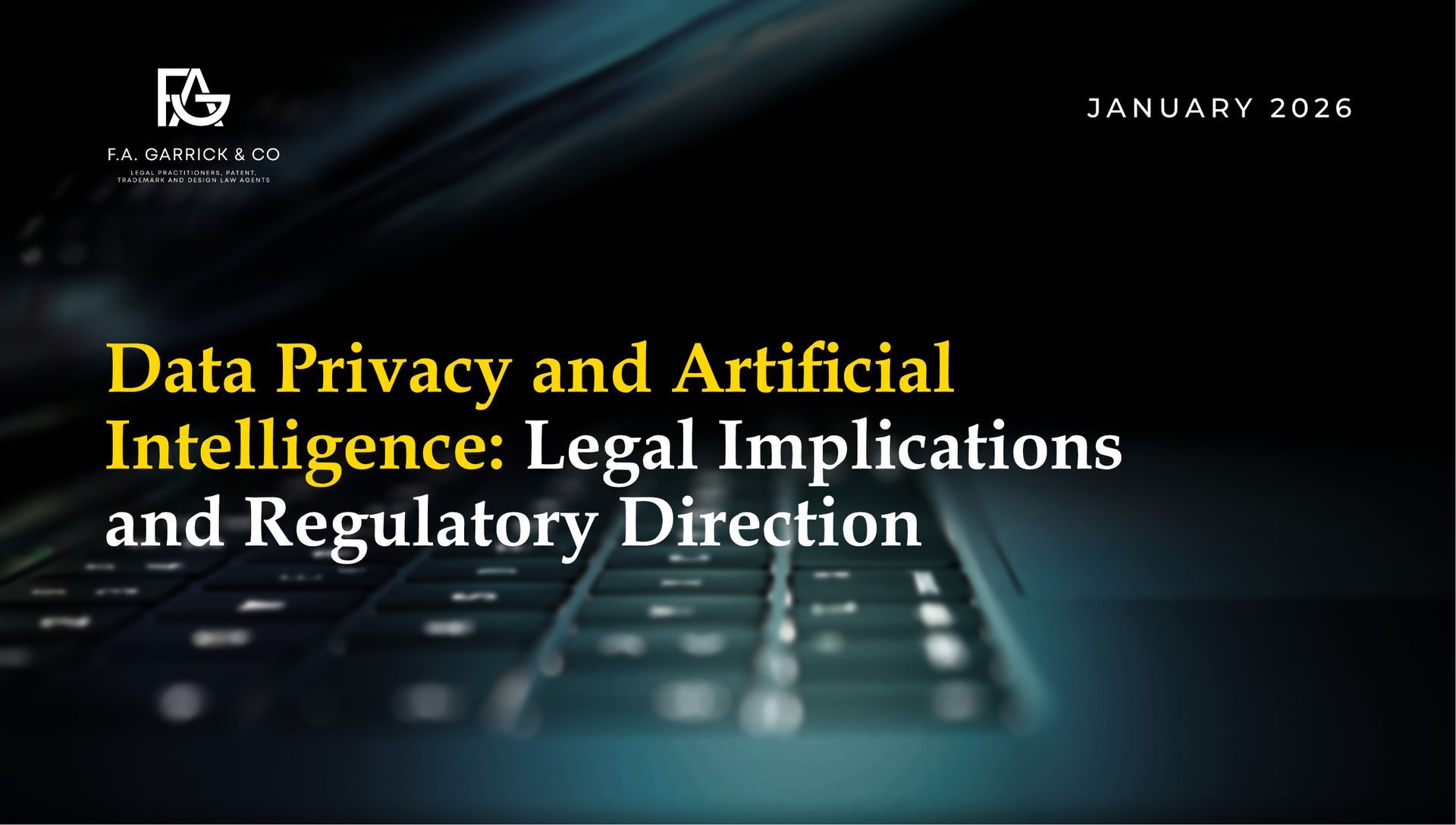A Summary

Introduction
Recently, the Nigerian Securities and Exchange Commission (“SEC”) issued a circular introducing its Regulatory Incubation Program (“the Program”) for Financial Technology (“FinTech”) Companies.1. SEC describes the new regulation as an interim measure to aid the evolution of effective regulation. SEC aims to accommodate innovation by FinTech companies without compromising market integrity and investor confidence in the sector. The Program, which has two stages, i.e. the Initial Assessment Stage and the Regulatory Incubation Phase, was set to commence in the 3rd Quarter of 2021, will run for a period of 1 year. It will admit FinTech companies in line with its guidelines. Mainly, the SEC will supervise eligible FinTech companies to make them regulatory ready and compatible before they become fully established.
Eligibility for the RI Program:
To be eligible for the Program, the Applicant must:
1. Be using innovative technology to offer a new type of product or service, or applying innovation to an existing financial product or service;
2. Be involved in or seeks to be involved in an activity that, if carried on in or from Nigeria, is a financial service which SEC regulates;
3. Be ready to take off with live customers and operate within the purview of the SEC Regulatory Framework;
4. Register as soon as rules guiding the RI Program are released by SEC;
5. Offer a product or service that addresses a problem (compliance or supervision) or brings potential benefits to consumers or the Nigerian Capital Market;
6. Ensure that the product is safe for investors; and
7. Complete the FinTech Initial Assessment Form and discuss the proposal with SEC at an early stage.
An applicant who meets these requirements proceeds to the Initial Assessment Phase.
The Initial Assessment Phase
At this phase, the applicants must fill the FinTech Initial Assessment (“FIA”) Form and pay a processing fee of N200,000 (Two Hundred Thousand Naira). A response will be given to the FIA Form within 15 working days from its submission.
Where a regulatory framework that regulates the product exists, the SEC will guide the applicant, and if no framework exists, the applicant will be directed to fill and submit the Regulatory Incubation (“RI”) Form within 16 working days. The RI Form is to be submitted with an Implementation Plan for the applicant’s product.
The Implementation Plan shall contain
1. A full description of the business and the proposed innovative product, service or business model, including the type of technology;
2. The objectives and parameters for the incubation period;
3. The implementation timeline and critical milestones for testing;
4. The existing/target customers;
5. A Risk Management Framework, clearly stating key risks and how they will be controlled and mitigated, including insurance cover;
6. A description of how the entity will ensure that customers fully understand the risks;
7. A description of how communications with customers will be handled before and during the incubation period, including how the entity will deal with queries, feedback and complaints;
8. A description of the next steps at the expiration of the incubation period; and
9. A clear exit plan if registration is not achieved, including how the entity will fulfil its obligations to its customers.
Upon filing and submission of the RI Form, the SEC will respond within 20 working days of confirmation whether:
1. admission has been granted to the RI Program subject to the Terms and Conditions of Admission;
2. the applicant will be admitted to the RI Program at a future date; or
3. The application is declined.
After the Initial Assessment Phase has been passed, the applicant shall receive a Letter of Admission into the RI Program from SEC and, within three working days from the receipt of the letter, undertake to:
1. be deemed fit and possess relevant skills in financial services and/or technology;
2. act with integrity, due care, and diligence, and provide referee information;
3. provide complete information to clients and commit to sending them regular feedback;
4. provide full disclosure to SEC on the business through an incubation implementation plan;
5. provide the procedure for holding and controlling client assets;
6. comply with all relevant laws and regulations;
7. have an office in Nigeria;
8. comply with Anti-Money Laundering /Combatting the Financing of Terrorism (AML/CFT) requirements; and
9. provide monthly reports to SEC.
Regulatory Incubation Phase
Admitted applicants must comply with all prescribed provisions in the Guidelines. Applicants will receive quarterly feedback on their product or service from the RI Team, and by the 10th month of admission, the applicant shall receive a guideline issued by SEC that will direct its business. At the end of the year, applicants will exit from the Program with clear directives from SEC on the next steps to take. The applicant will commence operations as an entity registered under SEC, and SEC may also terminate its activities where it:
1. is found no longer fit to participate in the process;
2. has breached any restrictions or conditions imposed on its participation;
3. has breached the Laws of the Federal Republic of Nigeria or the Guidelines;
4. deviates from its Implementation Plan; or
5. has not promptly taken steps either to apply for registration or submit a notice of discontinuance after one year of the regulatory incubation process.
Conclusion
The introduction of the Regulatory Incubation program by SEC positions it in a new light as a growth and development facilitator. It provides some form of certainty and a clear pathway for developing the Nigerian security and financial system towards fostering overall economic growth.
Reference
“Circular on the SEC Regulatory Incubation Program” by SEC, accessed 29 June 2021. https://sec.gov.ng/circular-on-the-sec-regulatory-incubation-program/.






